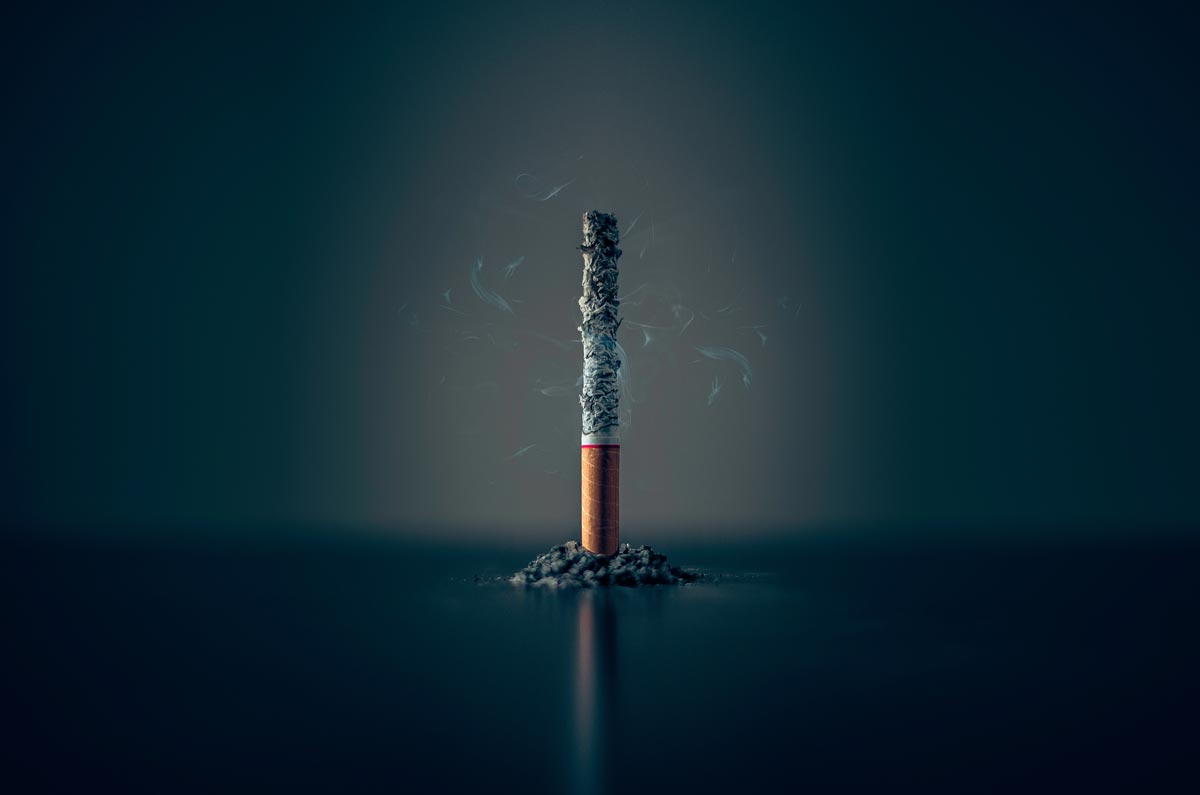known cure, but we can treat use disorders, and individuals can maintain a program of recovery. Our mission is to show people who …
Cigarettes Affect Addiction Recovery
did not make my life unmanageable, my wife didn’t leave me because of my addiction to Camels; so why do I need to give them up, …







